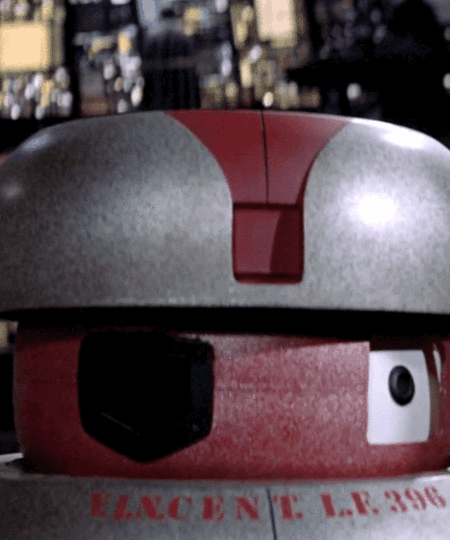What do you think?
Rate this book


206 pages, Mass Market Paperback
First published October 1, 1953





The Jezebel of the Bible was a faithful wife and a good one according to her lights. She had no lovers that we know of. After Jezebel's husband, King Ahab, died, her son, Jehoram, became king. One of the captains of his army, Jehu, rebelled against him and assassinated him. Jehu then rode to Jezreel where the old queen-mother, Jezebel, was residing. Jezebel heard of his coming and knew that he could only mean to kill him. In her pride and courage, she painted her face and dressed herself in her best clothes so that she could meet him as a haughty and defiant queen. He had her thrown from the window of her palace and killed, but she made a good end, according to my lights.I'd forgotten how passionate he was about defending her. One of the many unexpected things about Asimov was that he was quite a feminist, but somehow without ever acquiring that label. The Susan Calvin stories are an even clearer example.


❝ People sometimes mistake their own shortcomings for those of society and want to fix the Cities because they don’t know how to fix themselves.❞
❝ I can’t stop you from thinking, Officer, but thinking isn’t evidence. Maybe you know that.❞